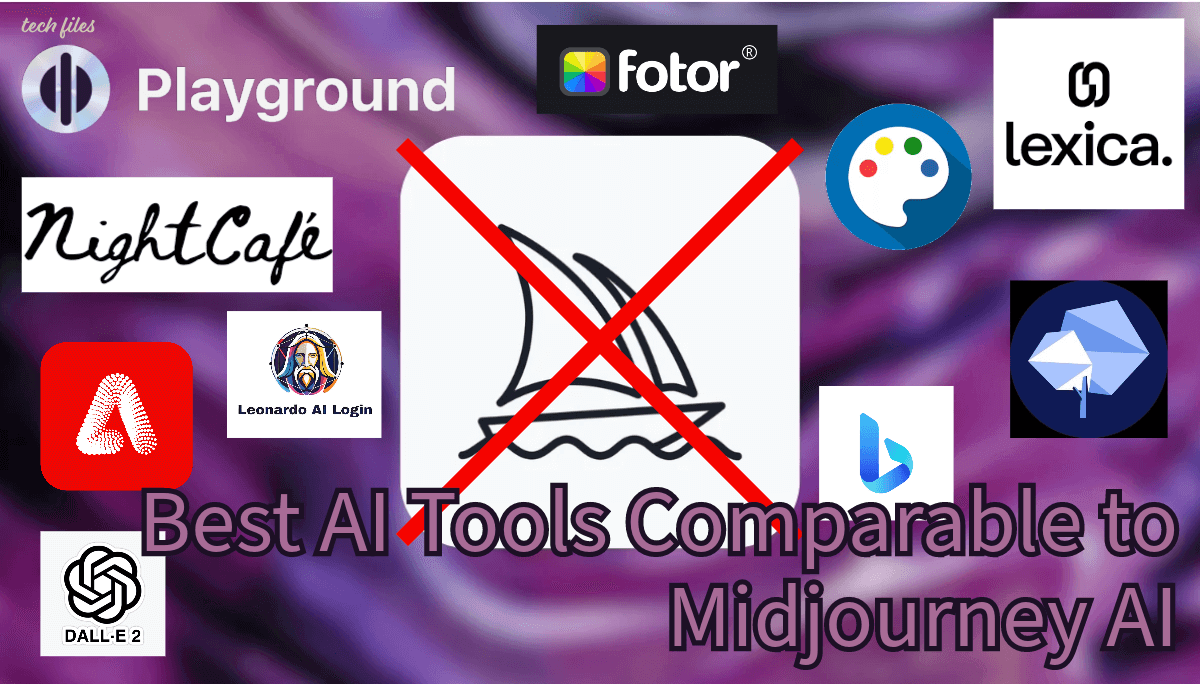The Impact of Artificial Intelligence (AI) in Spotting and Treating Cancer

In the ever-evolving landscape of healthcare, artificial intelligence (AI) has emerged as a powerful tool, offering immense potential to revolutionize cancer detection and treatment. By harnessing the capabilities of machine learning and deep learning algorithms, AI enables the analysis of vast amounts of patient data, leading to early diagnosis, improved accuracy, and personalized treatment options. In this article, we will explore the role of AI in spotting cancer and how Google’s AI technology is making significant strides in this field.
Understanding the Role of AI in Cancer Detection
AI is transforming the field of cancer detection by enhancing the accuracy and efficiency of existing screening methods. Traditional techniques, such as radiology imaging, pathology analysis, and genomic data interpretation, can be time-consuming and prone to human error. However, with AI algorithms, healthcare professionals can analyze these complex datasets with unprecedented precision and speed.
One of the key advantages of AI in cancer detection is its ability to identify subtle patterns and anomalies that may indicate the presence of cancer. By training AI models on vast amounts of medical information, including patient records, imaging scans, and pathology reports, AI can detect abnormalities that may go unnoticed by human observers. This enables early detection, leading to timely interventions and potentially saving lives.
Moreover, AI streamlines the interpretation of complex data, allowing healthcare providers to make more informed decisions for personalized treatment strategies. By analyzing large volumes of patient data, AI algorithms can identify specific biomarkers associated with different types of cancer. This opens up new avenues for targeted therapies and precision medicine, tailoring treatment plans to each patient’s unique needs.
Google’s AI Technology: Enhancing Cancer Screening Accuracy
Google’s AI technology has shown remarkable promise in enhancing the accuracy of cancer screening. Leveraging machine learning algorithms, it can analyze vast amounts of data quickly and accurately, enabling the identification of subtle patterns and anomalies that may indicate the presence of cancer.
One of the significant advantages of Google’s AI technology is its ability to recognize patterns and abnormalities in medical imaging data. By training its algorithms on extensive datasets, including radiology images, Google’s AI can detect minute changes that may be indicative of cancer. This enables earlier detection, increasing the chances of effective treatment interventions and potentially saving lives.
Furthermore, Google’s AI technology continuously learns and refines its algorithms, ensuring ongoing advancements in cancer screening accuracy. As more data becomes available, the AI models become more proficient in recognizing patterns and improving their diagnostic capabilities.
Leveraging Machine Learning for Early Detection of Cancer
Machine learning, a subset of AI, is a powerful tool for early cancer detection. By analyzing large volumes of patient data, machine learning algorithms can identify subtle patterns and trends that may go unnoticed by human observers.
Traditional screening methods, such as mammography or colonoscopy, rely on the expertise of radiologists or pathologists to detect abnormalities. However, machine learning algorithms can analyze vast amounts of images and identify minute changes that may indicate the presence of cancer cells. This early detection can lead to prompt interventions, significantly increasing the chances of successful treatment outcomes.
Moreover, machine learning algorithms can analyze diverse datasets, including genomic data, to detect potential indicators of cancer at an early stage. By identifying specific biomarkers and genetic alterations associated with different types of cancer, machine learning enables personalized treatment approaches, improving patient outcomes.
Google’s AI: Identifying Cancer Biomarkers for Precision Treatment
The identification of cancer biomarkers plays a crucial role in early detection and precise treatment of cancer. Biomarkers provide essential information about the presence, progression, and response to therapy of various types of cancer. Google’s AI algorithms have shown great potential in effectively identifying these biomarkers.
By leveraging machine learning techniques, Google’s AI can analyze large volumes of data from diverse sources, such as patient records, genomic data, and imaging studies. This comprehensive assessment of an individual’s genetic profile and tumor characteristics leads to a more personalized approach in cancer diagnosis and treatment.
The ability of Google’s AI to identify specific molecular markers and genetic alterations associated with different types of cancer opens new avenues for early detection and targeted therapies. By integrating data from diverse sources, Google’s AI allows for a more holistic understanding of cancer biology and potential treatment options.
Improving Radiology Diagnosis with Google’s AI Algorithms
Radiology plays a crucial role in diagnosing and treating cancer, providing detailed images of the internal structures within the body. However, the interpretation of these images can be complex and time-consuming for radiologists. Google’s AI algorithms are now being harnessed to improve radiology diagnosis.
By integrating Google’s AI algorithms into radiology diagnosis, the potential for enhanced accuracy is significant. These algorithms have been trained on vast amounts of medical imaging data, enabling them to recognize patterns and abnormalities that may be missed by human observers. This second pair of AI “eyes” can assist in detecting cancer at its early stages, increasing the chances of effective treatment interventions.
Moreover, Google’s AI algorithms can analyze numerous images simultaneously, leading to more efficient diagnosis. This allows radiologists to focus on complex cases that require additional expertise, improving patient care. The integration of Google’s AI has the potential to greatly enhance radiology diagnosis and improve patient outcomes in the fight against cancer.
Streamlining Pathology and Histopathology Analysis with AI
Pathology and histopathology analysis are critical components of cancer diagnosis and treatment. Traditionally, these analyses require expert pathologists to manually examine tissue samples under a microscope, a time-consuming and subjective process.
However, AI has the potential to streamline and enhance pathology and histopathology analysis. AI algorithms can accurately detect and classify different types of cancer cells, providing a more objective and consistent evaluation. By leveraging AI technology, pathologists can save time and effort in analyzing large amounts of data, allowing for quicker and more accurate diagnoses.
This has the potential to revolutionize cancer detection, improve patient outcomes, and alleviate the burden on healthcare professionals. AI brings efficiency and accuracy to pathology analysis, enabling timely interventions and personalized treatment approaches.
Harnessing Deep Learning for Precision Medicine in Cancer Detection
Deep learning, a subset of AI, is a promising tool in precision medicine for cancer detection. By leveraging large amounts of data, deep learning algorithms can recognize patterns and make accurate predictions. This technology shows great potential in identifying disease characteristics and aiding in personalized treatment plans.
Deep learning algorithms excel in analyzing complex genomic data, understanding the genetic makeup of tumors, and identifying specific mutations that drive cancer growth. By training deep learning models on extensive genomic datasets, researchers can develop algorithms capable of recognizing even the subtlest genetic alterations indicative of cancer. This enables physicians to deliver tailored treatment approaches and improve patient outcomes.
Furthermore, deep learning algorithms can be continuously trained and updated with new data, ensuring their proficiency in adapting to the ever-evolving landscape of cancer research. This dynamic nature of deep learning allows for the discovery of novel insights and the development of more effective treatment strategies.
Analyzing Genomic Data for Personalized Cancer Treatment with Google’s AI
Advancements in AI have revolutionized the field of cancer treatment and personalized medicine. Google’s AI technology is now being utilized to analyze genomic data for personalized cancer treatment, offering a glimmer of hope to patients and clinicians alike.
By leveraging the power of AI algorithms, researchers and medical professionals can gain valuable insights into the genetic mutations and variations that drive the development and progression of cancer. Genomic data, including an individual’s DNA sequence, holds immense potential for tailoring cancer treatment plans to the specific needs of each patient.
Google’s AI algorithms can process and analyze vast amounts of data, identifying genetic biomarkers associated with different types of cancer. This opens doors for targeted therapies that directly address the underlying genetic abnormalities of tumors, providing patients with more effective and personalized treatment options.
Moreover, the integration of Google’s AI into the analysis of genomic data brings efficiency and accuracy to the identification of potential therapeutic targets. AI technology can uncover intricate patterns and associations in datasets that may go unnoticed by traditional manual methods. This quick identification of actionable genetic alterations enables oncologists to offer timely interventions and potentially improve patient outcomes.
Conclusion
The application of AI, especially Google’s advanced algorithms, in cancer detection and treatment has the potential to revolutionize the field of oncology. By harnessing the power of AI algorithms to analyze complex patient data, researchers and clinicians can better understand the underlying causes of cancer and develop tailored treatment approaches. However, challenges such as ensuring accuracy, addressing ethical considerations, and integrating AI into existing healthcare systems remain. With ongoing research and proper governance, AI can serve as a powerful tool in improving cancer spotting, leading to better patient outcomes and more efficient care.













Sharing is caring!